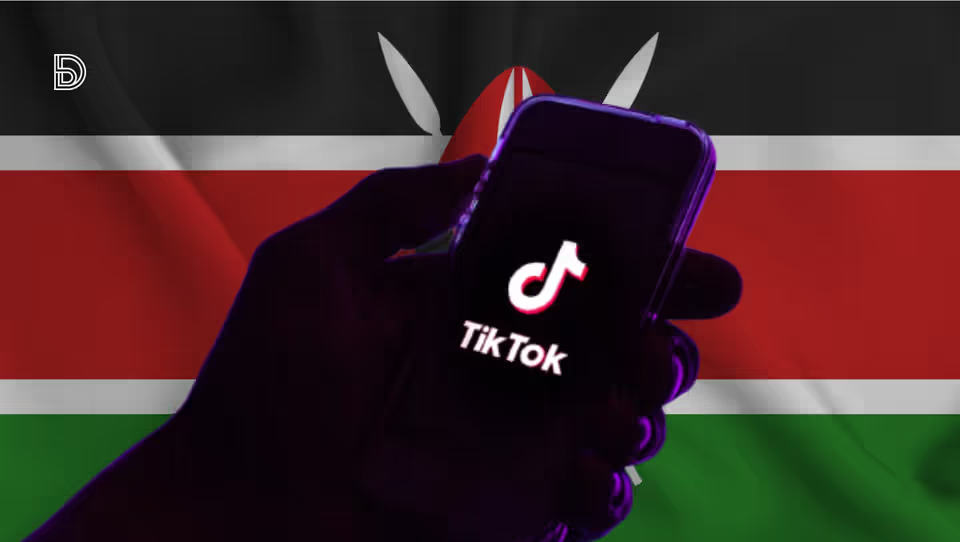A recent report by Mozilla Foundation* has revealed that Tiktok is fueling disinformation and political tension in Kenya ahead of its August general elections. The Report is titled: “From Dance App to Political Mercenary: How disinformation on TikTok gaslights political tensions in Kenya”.
Mozilla Foundation said that “Kenya’s election is TikTok’s first real test in an African democratic process. In past elections, most attention has focused on platforms like Facebook and Twitter and their outsized role in Kenyan politics. Meanwhile, TikTok’s thriving user base and influence have shaken up Kenya’s social media landscape. It’s the most downloaded in the country (according to AppFigures) and has even launched several influencers into stardom.”
Even though TikTok’s policy is against hate speech and sharing of discriminatory, inciteful, and synthetic content. Mozilla Foundation noted that after reviewing over 130 videos from 33 accounts which have been viewed collectively over 4 million times, its analysis has deduced that they are synthetic and manipulated content that can incite hate amongst communities.
Odanga Madung, Mozilla Tech and Society Fellow who led the research said he interviewed past content moderators at TikTok to know why this content is still on the platform. “The interviews reveal a moderation ecosystem that lacks both the context and resources to adequately engage with election disinformation in Kenya,” he said.
However, the report also stated that on June 7, 2022, “after reviewing this research, TikTok removed several of the posts in question.” Irungu Houghton, the Executive Director at Amnesty International said “TikTok’s demographic is much younger and it worries me because they don’t have the levels of political maturity or a clear value base that may allow them to sift through such information.”
Houghton added that “TikTok need to recognize that the demographic they are dealing with is a formative generation and therefore the impacts of such campaigns are not things that we’re likely to see immediately — but we may see its effects in decades to come.”
Mozilla recommends that recommend that TikTok gets this apparatus [labelling policies for falsehoods or synthetic content that applies to Kenya at a critical time in its electoral process] in motion and perhaps goes even further, using the template of their COVID response to promote high-quality information sources wherever they are showing news and other election related content.
Kenya elections, disinformation and the social media
Wired previously reported that Kenyan content creators make $10 to $15 a day by smearing journalists and activists on social media. Others are on a retainer that can go as high as $250 a month.
Kenya’s recent history features hotly contested, sometimes violent elections in which candidates and their allies have used tribal politics to turn people against one another. As of January 2022, Kenya had 11.75 million social media users, hence the use of social media for disinformation.
Meta has already deployed ad transparency tools ahead of elections. Advertisers seeking to run political ads in Kenya will undergo a verification process to prove who they are and that they live in the country. Meta will then run additional checks to ensure compliance with its policies. Political ads in Kenya will also be labelled with a “Paid for by” disclaimer to show who’s behind the ad.
*The Mozilla Foundation is a nonpartisan charitable organization that fights against misinformation and lack of transparency in online political and election-related messaging.
Get passive updates on African tech & startups
View and choose the stories to interact with on our WhatsApp Channel
Explore





